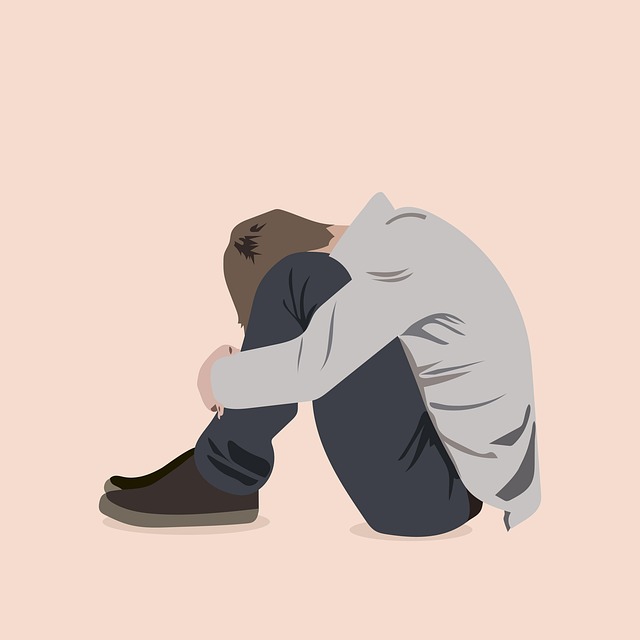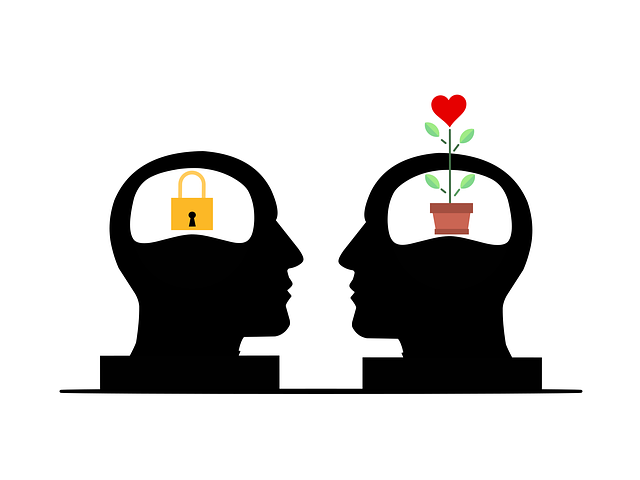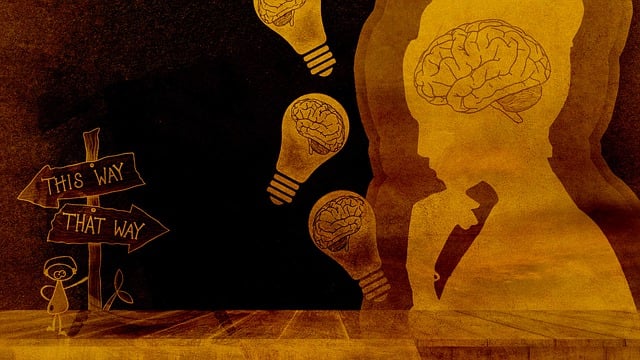Post-Traumatic Stress Disorder (PTSD) is a complex mental health condition triggered by life-threatening events, characterized by intrusive memories, nightmares, and avoidance behaviors. Effective therapy involves personalized approaches like Cognitive Behavioral Therapy (CBT), which targets negative thought patterns, and alternative therapies such as art, music, and exposure therapy. Lifestyle changes, including dietary adjustments and regular exercise, are essential for enhancing mental health and stress reduction in PTSD management. Culturally competent healthcare providers can tailor these strategies to diverse needs.
Stress reduction is a vital aspect of maintaining mental well-being, especially for those dealing with post-traumatic stress disorder (PTSD). This comprehensive guide explores effective therapy options for PTSD, ranging from evidence-based Cognitive Behavioral Therapy (CBT) to alternative approaches like art and music therapy. We also delve into lifestyle changes that can significantly impact mental health, including nutrition, exercise, and sleep habits. By understanding these methods, individuals can navigate their journey towards recovery and reclaim control over their lives.
- Understanding Post-Traumatic Stress Disorder (PTSD): Symptoms and Causes
- Cognitive Behavioral Therapy (CBT) for PTSD: A Step-by-Step Approach
- Alternative Therapies: Exploring Art, Music, and Exposure Therapy
- Lifestyle Changes for Better Mental Health: Nutrition, Exercise, and Sleep
Understanding Post-Traumatic Stress Disorder (PTSD): Symptoms and Causes

Post-Traumatic Stress Disorder (PTSD) is a complex condition that can arise after exposure to traumatic events. It’s more than just feeling stressed; it’s a mental health disorder that affects how someone copes after experiencing or witnessing a life-threatening event. Symptoms can vary but often include flashbacks, nightmares, severe anxiety, and avoidance behaviors. Individuals with PTSD may relive the trauma through intrusive memories, causing intense emotional distress and disrupting their day-to-day lives.
Several factors contribute to the development of PTSD, including genetic predisposition, previous mental health conditions like anxiety or depression, and the severity and duration of the traumatic event. While anyone can experience PTSD, certain groups are at higher risk, such as military veterans, survivors of natural disasters, and victims of violence. Therapy for Post-Traumatic Stress Disorder involves various approaches tailored to each individual’s needs, focusing on anxiety relief, mood management, and self-care practices to help them regain control over their lives.
Cognitive Behavioral Therapy (CBT) for PTSD: A Step-by-Step Approach

Cognitive Behavioral Therapy (CBT) is a highly effective approach to managing Post-Traumatic Stress Disorder (PTSD), offering individuals a structured path towards healing and stress reduction. This therapy focuses on identifying and changing negative thought patterns and behaviors that can be triggered by traumatic memories. The process begins with education, helping patients understand PTSD and its impact on their lives. Through this awareness, they gain the confidence to begin challenging distorted thinking and replacing it with more realistic, positive thoughts.
The CBT journey involves several steps: first, identifying specific traumatic events and associated triggers. Then, cognitions related to these triggers are explored, allowing individuals to recognize unhelpful thought cycles. Subsequent sessions focus on behavior activation, encouraging participation in activities that promote well-being. This step is crucial for reestablishing a sense of control and fostering a confidence boost. The final stages involve learning relaxation techniques and coping strategies, providing long-lasting tools for managing stress and emotional responses related to PTSD.
Alternative Therapies: Exploring Art, Music, and Exposure Therapy

Alternative therapies, such as art therapy, music therapy, and exposure therapy, offer unique and effective approaches to stress reduction and mental wellness. Art and music have long been recognized for their healing powers, enabling individuals to express emotions that may be difficult to articulate verbally. For instance, a study published in Psychology Today revealed that art therapy can significantly reduce symptoms of anxiety and depression.
Exposure therapy, on the other hand, is particularly beneficial for those suffering from Post-Traumatic Stress Disorder (PTSD). By gradually exposing individuals to traumatic memories or situations in a controlled setting, this therapy helps them process and overcome their fears. A healthcare provider with cultural competency training can tailor these alternative approaches to suit individual needs, making mental health education programs more inclusive and effective.
Lifestyle Changes for Better Mental Health: Nutrition, Exercise, and Sleep

Lifestyle changes are powerful tools for enhancing mental health and stress reduction methods. Nutrition plays a significant role; incorporating nutrient-rich foods can improve overall well-being and even support therapy for post-traumatic stress disorder (PTSD). A balanced diet, rich in fruits, vegetables, lean proteins, and whole grains, provides essential vitamins and minerals that fuel the brain and body.
Regular physical activity is another crucial aspect. Exercise releases endorphins, which promote positive thinking and improve mood. It also helps regulate sleep patterns, contributing to burnout prevention. Adequate rest is vital; aiming for 7-9 hours each night allows the body and mind to recover, further aiding in stress reduction methods and maintaining a healthy lifestyle.
Stress reduction is a multifaceted journey, especially for those dealing with Post-Traumatic Stress Disorder (PTSD). In addition to traditional Cognitive Behavioral Therapy (CBT), various alternative therapies and lifestyle changes offer promising paths to healing. From art and music therapy to exposure therapy, these approaches cater to different preferences and needs. Incorporating nutritional balance, regular exercise, and adequate sleep further strengthens the recovery process. By combining these evidence-based methods, individuals can effectively manage PTSD symptoms and reclaim their well-being. Remember, finding the right therapy for Post-Traumatic Stress Disorder is a personal journey, and exploring these options can lead to significant improvements in mental health.














